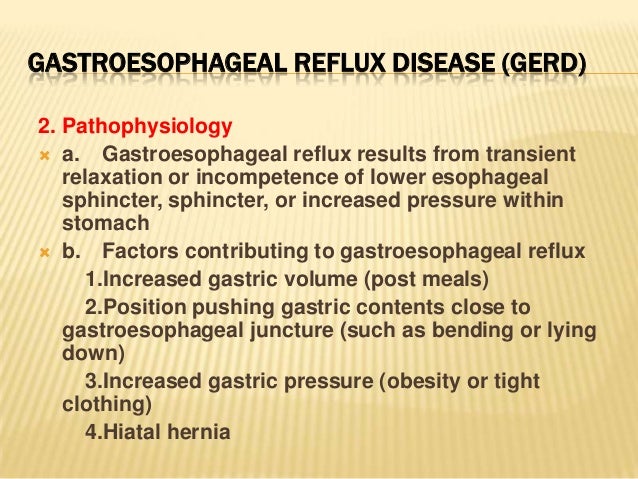Gastroesophageal reflux disease, or gerd, is a digestive disorder that affects the lower esophageal sphincter (les), the ring of muscle between the esophagus and stomachmany people, including. What causes gerd disease. Acid reflux disease or gerd is a chronic digestive disease with symptoms of esophageal burning and heartburn these uncomfortable symptoms can be troublesome and interfere with your daily activities.
what causes gerd disease
Gastroesophageal reflux disease (gerd) refers to a condition in which the stomach acid flows back into the esophagus (food pipe) this occurs when the muscles at the end of the esophagus become weak or do not work properly gerd causes severe heartburn and irritates the lining of the esophagus. Gastroesophageal reflux disease (gerd) is the long-term, regular occurrence of acid reflux. this can cause heartburn and tissue damage, among other symptoms. smoking and obesity increase a person. One common cause of acid reflux disease is a stomach abnormality called a hiatal hernia, which can occur in people of any age. a hiatal hernia happens when the upper part of the stomach and les.


